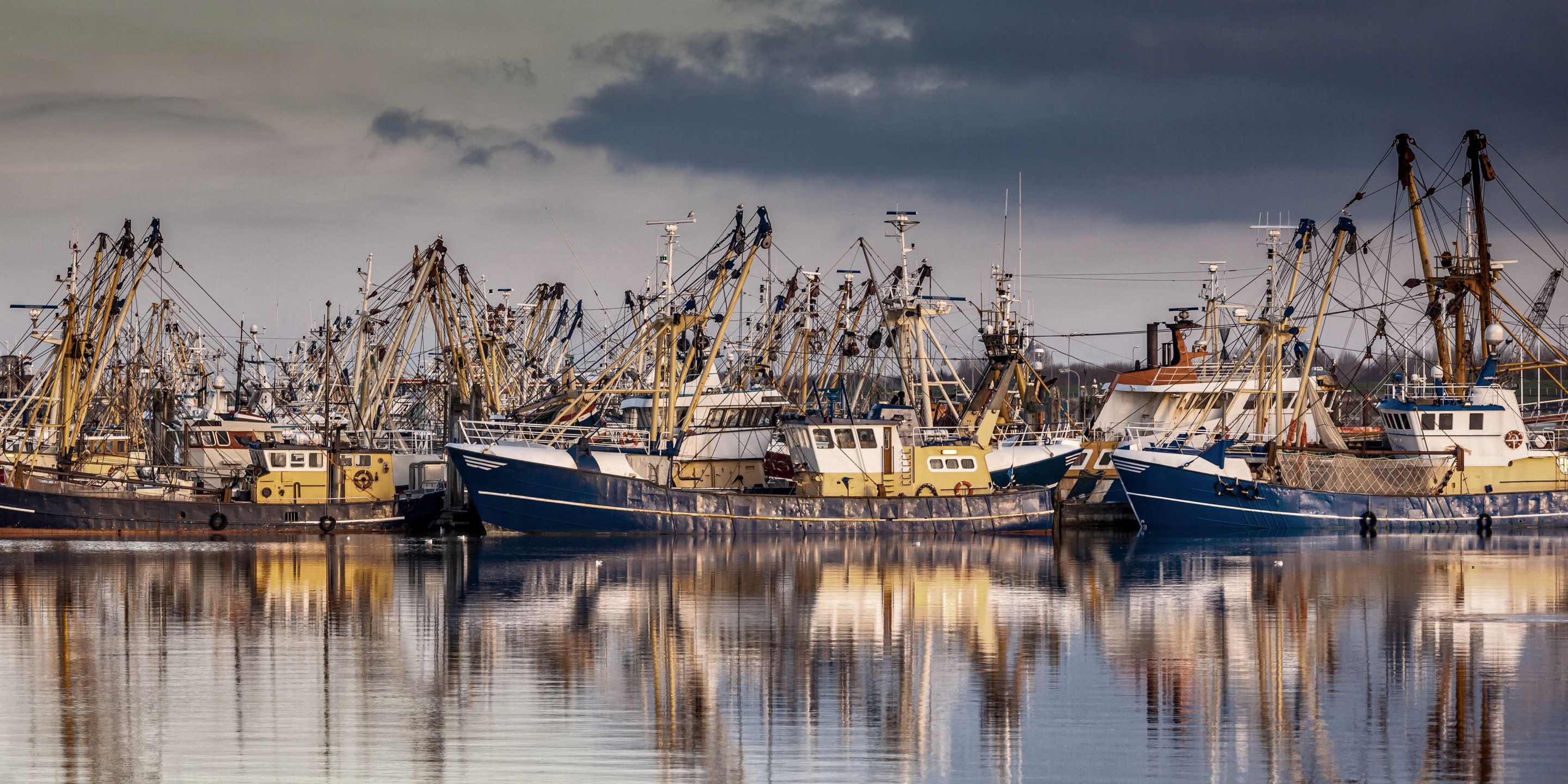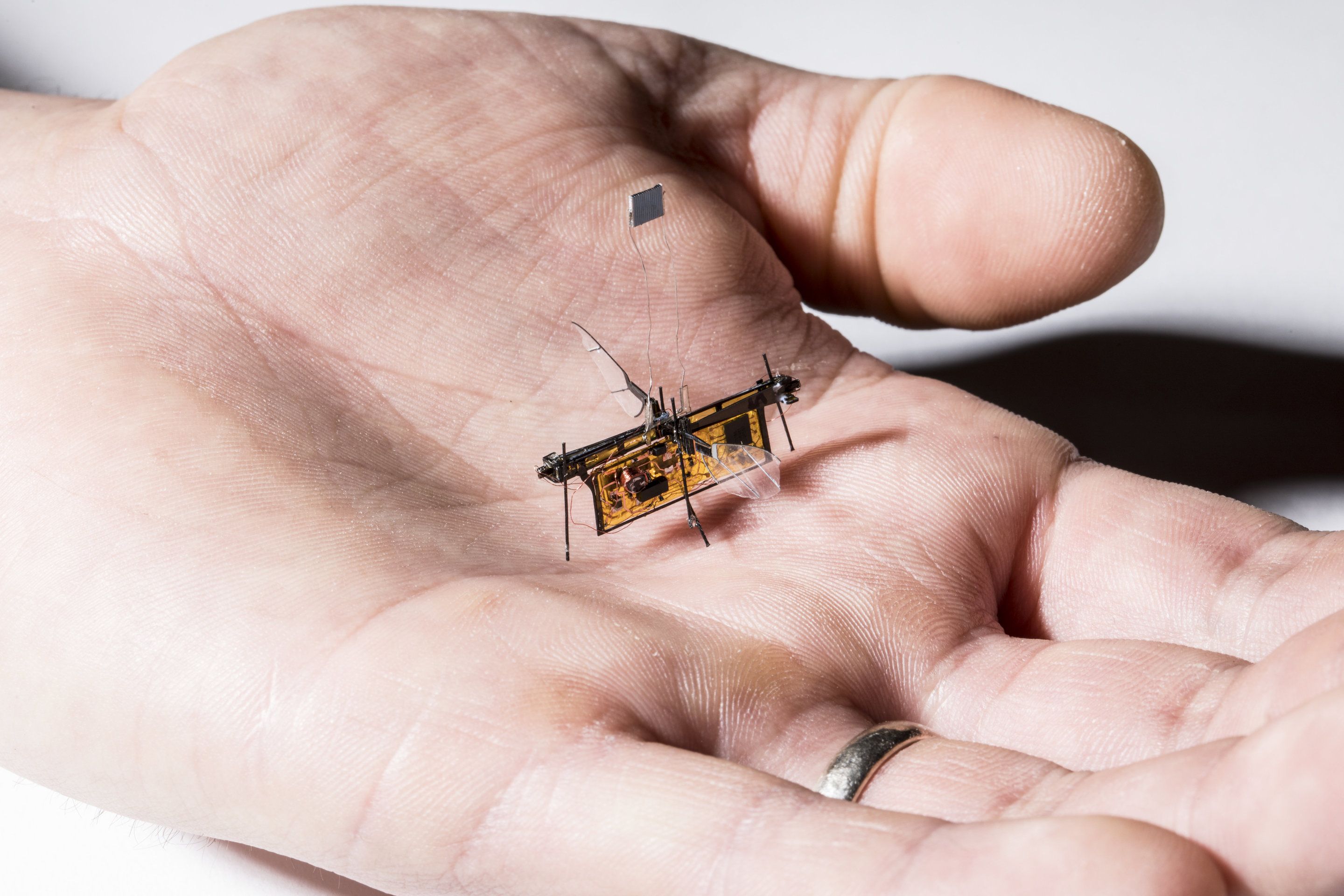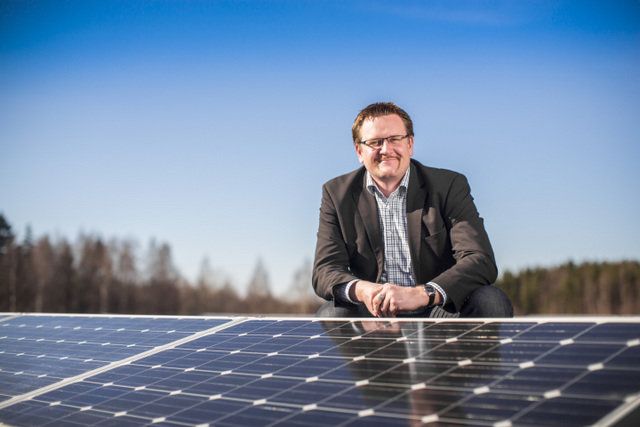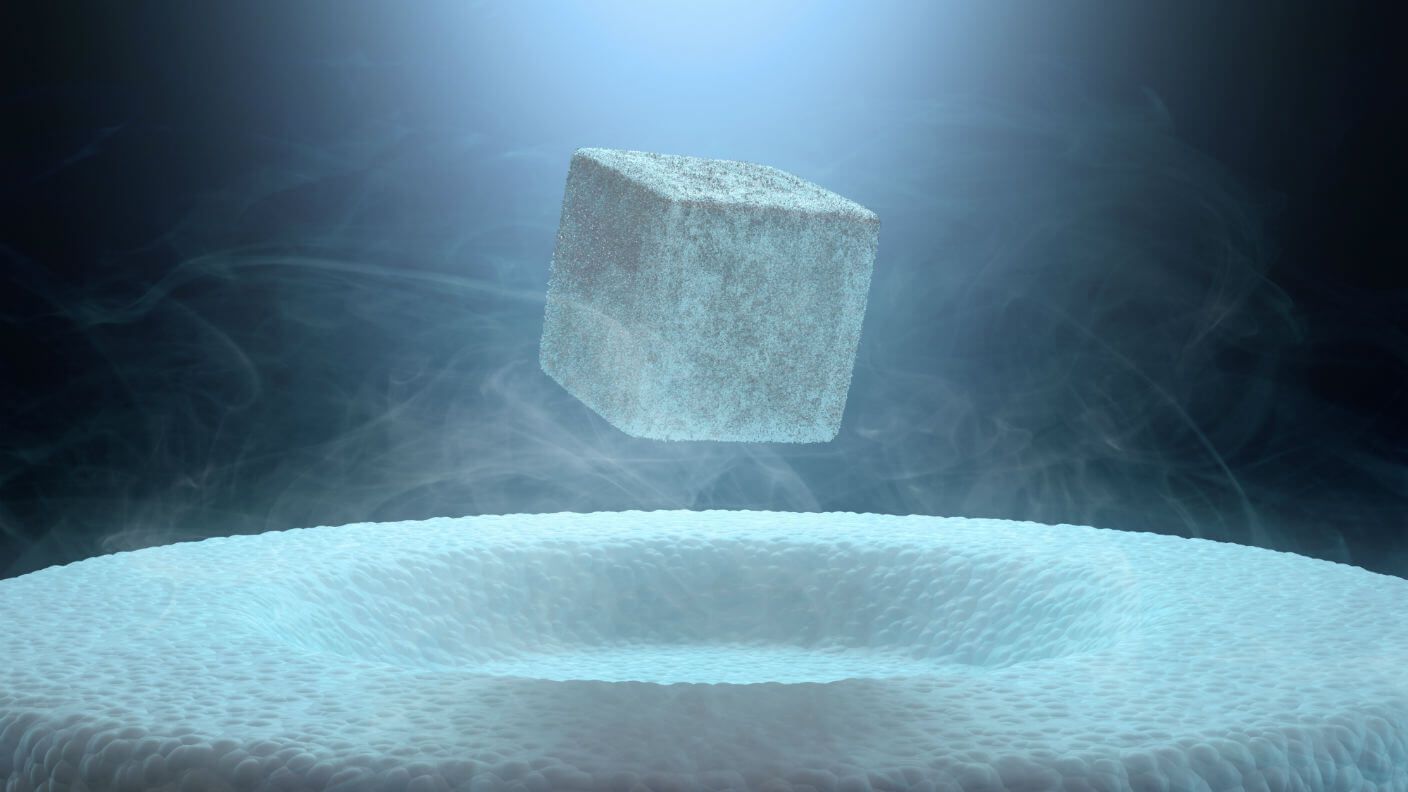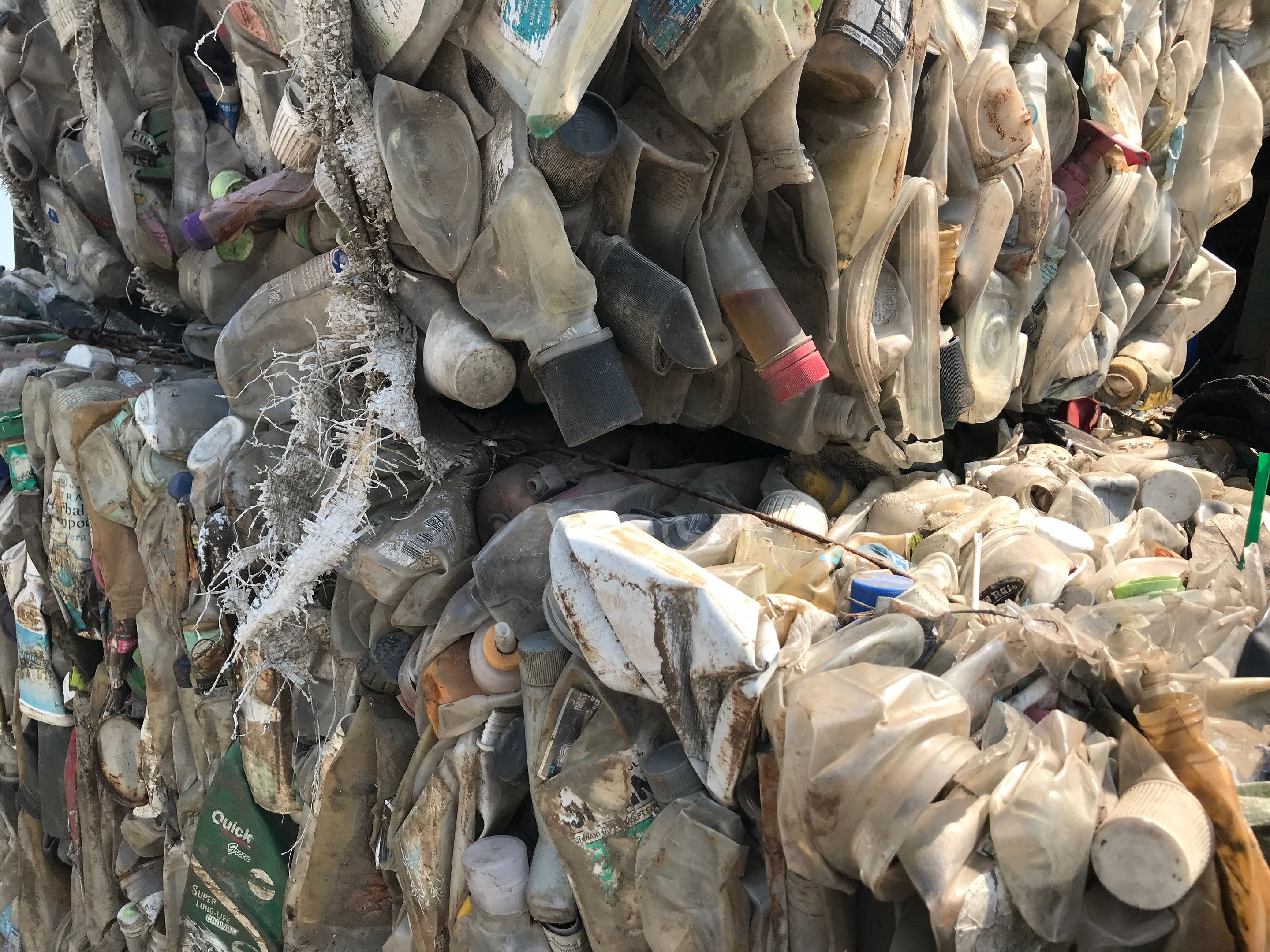Seafood consumption is both a love and a necessity for hundreds of millions of people worldwide. And its supply is a key part of maintaining food security for the whole planet. But during a time of rapid population growth and increasing demand, stocks of wild fish and invertebrates (such as mussels and prawns) are declining.
The problem is that policies and plans designed to make sure there are enough fish and invertebrates almost exclusively target fishing activity. But we also need to protect the critical habitats that are essential for the sustainability of these stocks and fisheries.
Most species that are fished require more than a single habitat to live and thrive. Atlantic cod (Gadus morhua), for example, spends its adult life shoaling in deep water where it lives, feeds and spawns. But juveniles require more stable habitat such as seagrass meadows. So, if we want to manage fish and invertebrate stocks for sustainability reasons, it is essential to protect the supporting habitats of targeted species.
